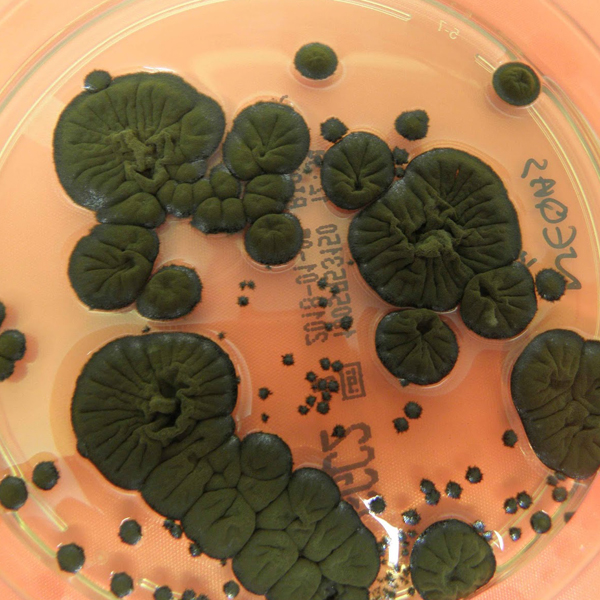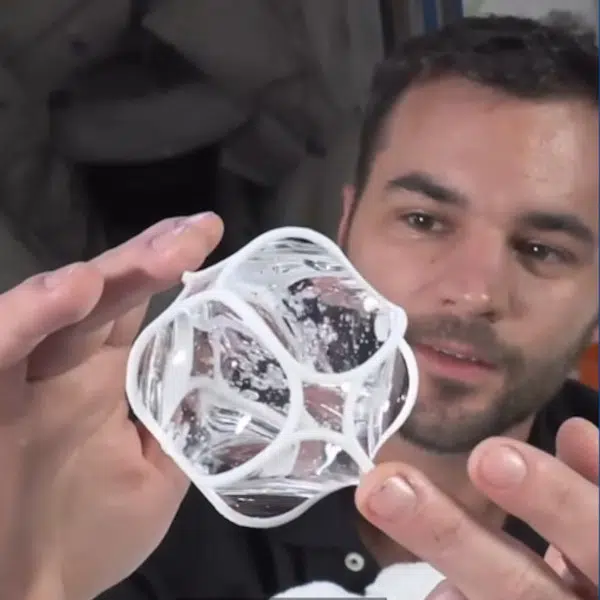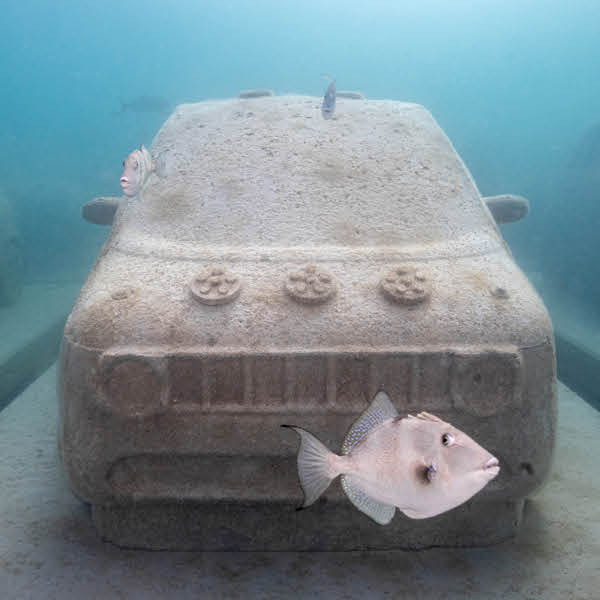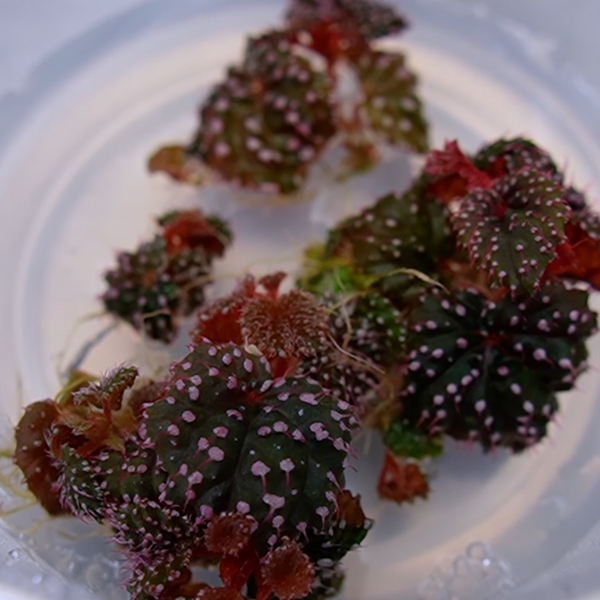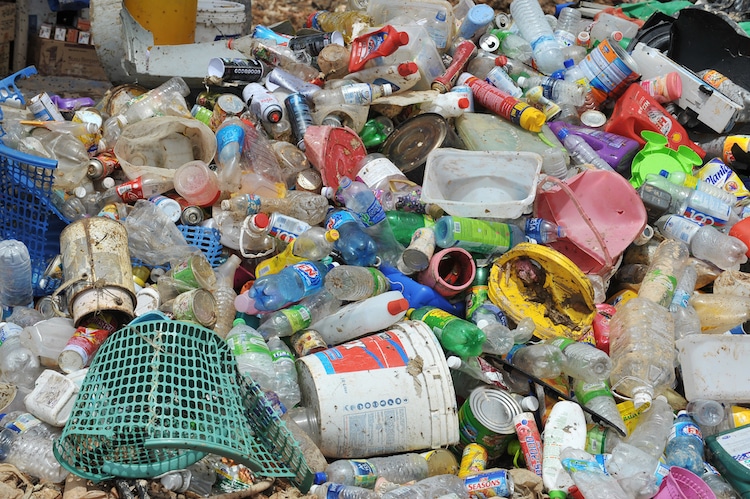
Photo: jaggat/Depositphotos
While more and more people are attempting to live plastic-free lives, we all know that it can be difficult to completely eliminate plastic from our day to day. Though plastic can be convenient, it can take hundreds of years to degrade, which is terrible for the environment. That's why the news coming out of Texas gives hope that, even if we can't eliminate plastic entirely, there are ways to break it down quickly.
In a new study published in Nature, engineers from the University of Texas Austin share the creation of an ultra-fast enzyme that breaks down plastic. The enzyme variant works so well, that it can often break down plastic in a matter of hours or days. The work focuses on PET, a polymer commonly found in most packaging that makes up 12% of global waste.
PETase, a plastic-eating enzyme, was first discovered at a Japanese waste facility in 2016. Since then, researchers around the globe have been working to harness this wild enzyme and manipulate it to improve its functionality. And, it appears, that the Texas engineers have done just that.
They've named their enzyme variant FAST-PETase (functional, active, stable and tolerant PETase). To create this variant, the researchers used machine learning to generate mutations to natural PETase. The model they used helped predict which mutations would quickly break down consumer plastic at low temperatures. Harnessing this knowledge, they were able to fabricate this FAST-PETase.
“The possibilities are endless across industries to leverage this leading-edge recycling process,” says Hal Alper, professor in the McKetta Department of Chemical Engineering at UT Austin. “Beyond the obvious waste management industry, this also provides corporations from every sector the opportunity to take a lead in recycling their products. Through these more sustainable enzyme approaches, we can begin to envision a true circular plastics economy.”
While researchers have been studying plastic-eating enzymes for over a decade, no one had been able to figure out how to create an enzyme that worked at the low temperatures needed to effectively transport them and make them affordable on a large scale. That is what makes FAST-PETase revolutionary, as it starts breaking down plastic at less than 50°C (122°F).
The researchers have already filed a patent for FAST-PETase and will now begin work on scaling up enzyme production. Landfills and high-waste industries are obvious targets for use, but scientists also envision their enzyme working during environmental remediation.
“When considering environmental cleanup applications,” Alper explains, “you need an enzyme that can work in the environment at ambient temperature. This requirement is where our tech has a huge advantage in the future.”
Related Articles:
Global Survey Discovers 75% of People Support Single-Use Plastic Bans
UN Environment Assembly Agrees To Negotiate a Plastic Waste Treaty by 2024
The Ocean Cleanup Successfully Hauls 20,000 Pounds of Plastic From the Pacific Ocean
Kenyan Materials Engineer Recycles Plastic Into Bricks That Are Stronger Than Concrete


















































































